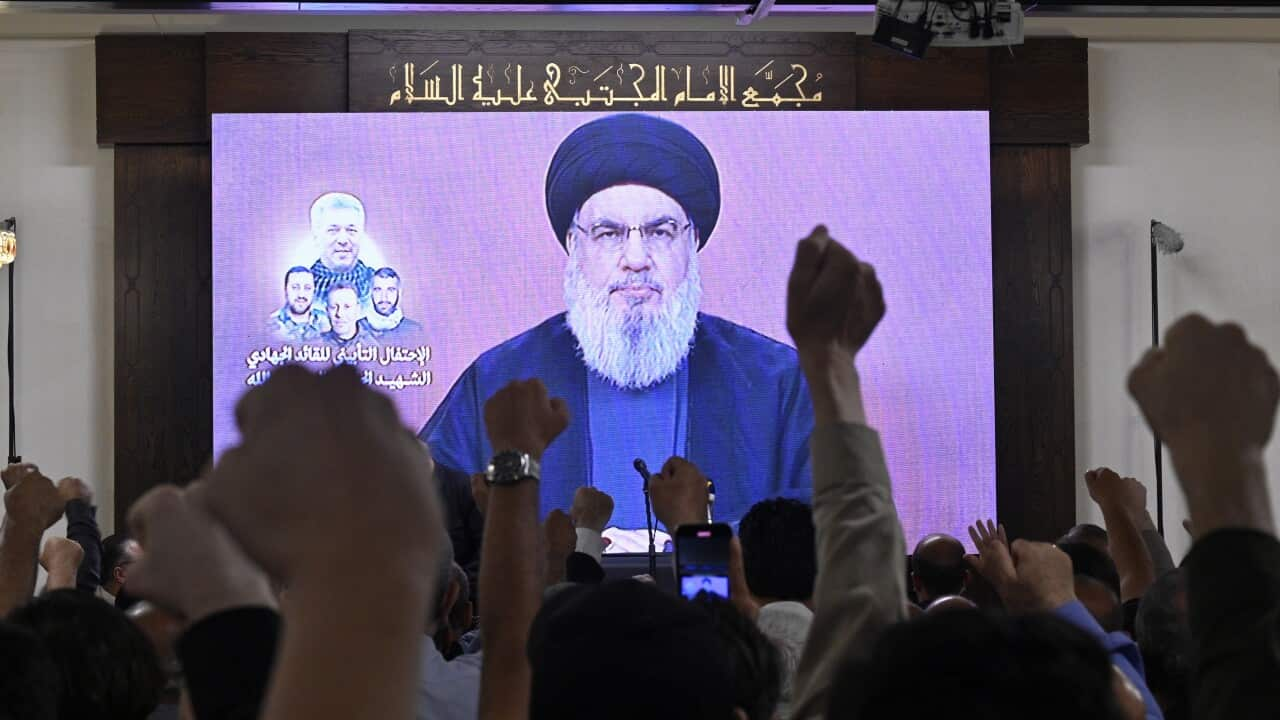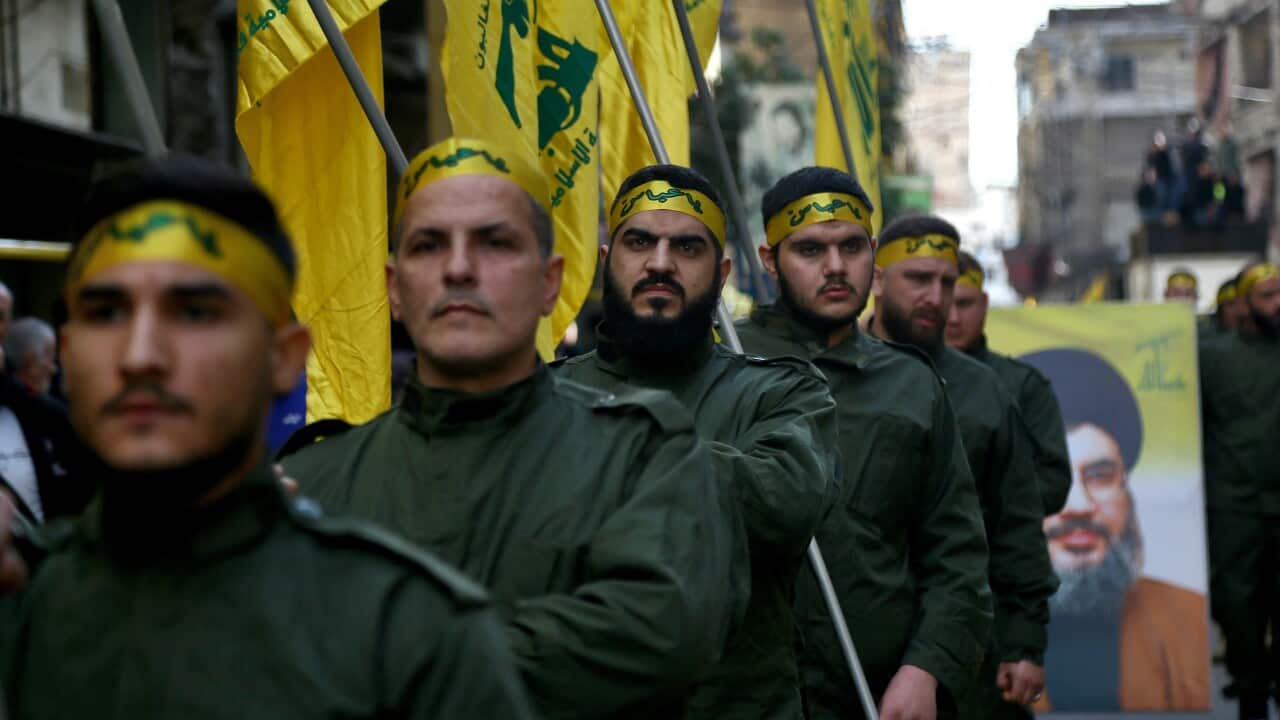Key Points
- Israel's foreign minister warned on Tuesday that a decision on an all-out war with Hezbollah was coming soon.
- Hezbollah said on Wednesday that nowhere in Israel would be safe if a full-fledged war broke out.
- Hezbollah also threatened Cyprus, the EU member state closest to Lebanon, with which it has cordial relations.
The head of Lebanon's Hezbollah said on Wednesday that nowhere in Israel would be safe if a full-fledged war breaks out between the two foes, and also threatened EU member Cyprus for the first time and other parts of the Mediterranean.
Hezbollah has been trading fire with Israel for more than eight months in parallel with the Gaza war. On Tuesday, the Iran-backed group published what it said was drone footage of sensitive military sites deep in Israeli territory.
In a televised address on Wednesday, Hezbollah chief Sayyed Hassan Nasrallah said that "there will be no place safe from our missiles and our drones" in Israel in the event of a broader war.
The group also had "a bank of targets" that it could target in precision strikes, he said.
Israel "knows that what also awaits it in the Mediterranean is very big ... In the face of a battle of this magnitude, it knows that it must now wait for us on land, in the air, and at sea," Nasrallah added.
Israeli Foreign Minister Israel Katz had warned on Tuesday that a decision on an all-out war with Hezbollah was coming soon and Israel's military said "operational plans for an offensive in Lebanon were approved and validated".
Nasrallah also threatened Cyprus — the EU member state in closest proximity to Lebanon, with which it has cordial relations — accusing it of allowing Israel to use its airports and bases for military exercises.
"The Cypriot government must be warned that opening Cypriot airports and bases for the Israeli enemy to target Lebanon means that the Cypriot government has become part of the war and the resistance (Hezbollah) will deal with it as part of the war," Nasrallah said.
Cyprus denies taking sides
Cypriot President Nikos Christodoulides denied any suggestion Cyprus was taking sides in any conflict.
"It (Cyprus) is not part of the problem, it is part of the solution. That role is evident, for example, through the humanitarian (aid) corridor which has been acknowledged not only by the Arab world, but from the international community," he said, referring to shipments of aid from Cyprus to Gaza.
Cyprus is not known to offer any land or base facilities to the Israeli military, but has in the past allowed Israel to use its vast airspace — its flight information region — to occasionally conduct air drills, but never during conflict.
Sovereign British military bases on Cyprus have been used by Britain for operations in Syria in the past and more recently, Yemen. The Cyprus government has no say in the matter. There are two British bases in Cyprus, which was a colony until 1960.
Nasrallah said his group would fight with "no rules" and "no ceilings" in the event of a broader war. He was speaking at a memorial event for a commander killed in an Israeli strike last week — the most senior Hezbollah figure to be killed so far in the current conflict with Israel.
Hezbollah unleashed its largest volleys of drones and rockets at Israel in retaliation. UN officials expressed concern at the escalation, and U.S. envoy Amos Hochstein travelled to Israel and Lebanon to urge both sides not to move into a full-scale conflict.
Hezbollah first showed it could hit a vessel at sea by striking an Israeli warship in the Mediterranean during their 2006 war.
Reports by media and analysts have for years indicated that Hezbollah acquired Russian-made anti-ship Yakhont missiles in Syria, after its forces deployed there more than a decade ago to help President Bashar al-Assad fight the country's civil war.











